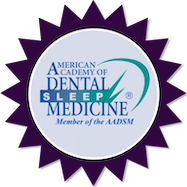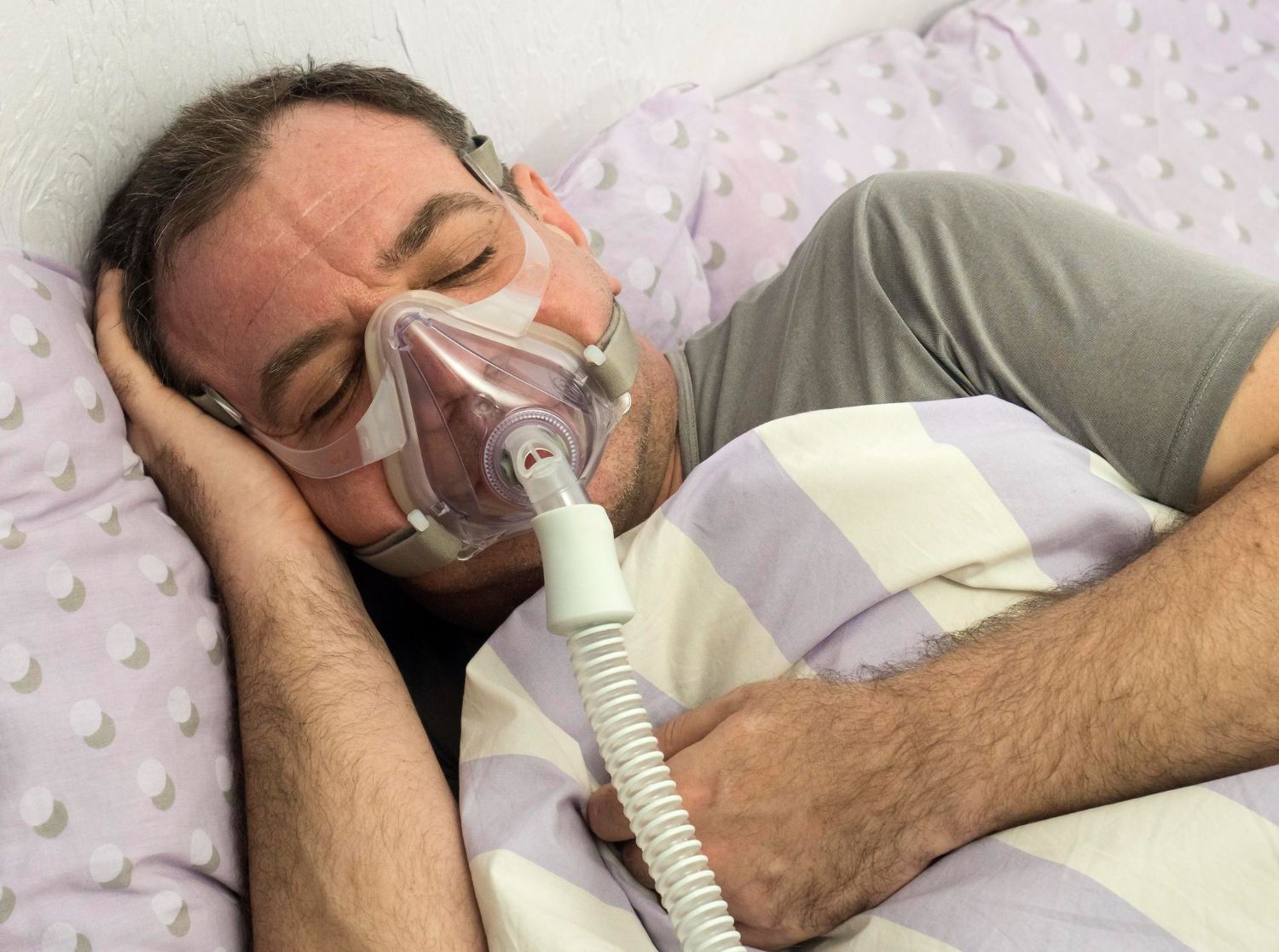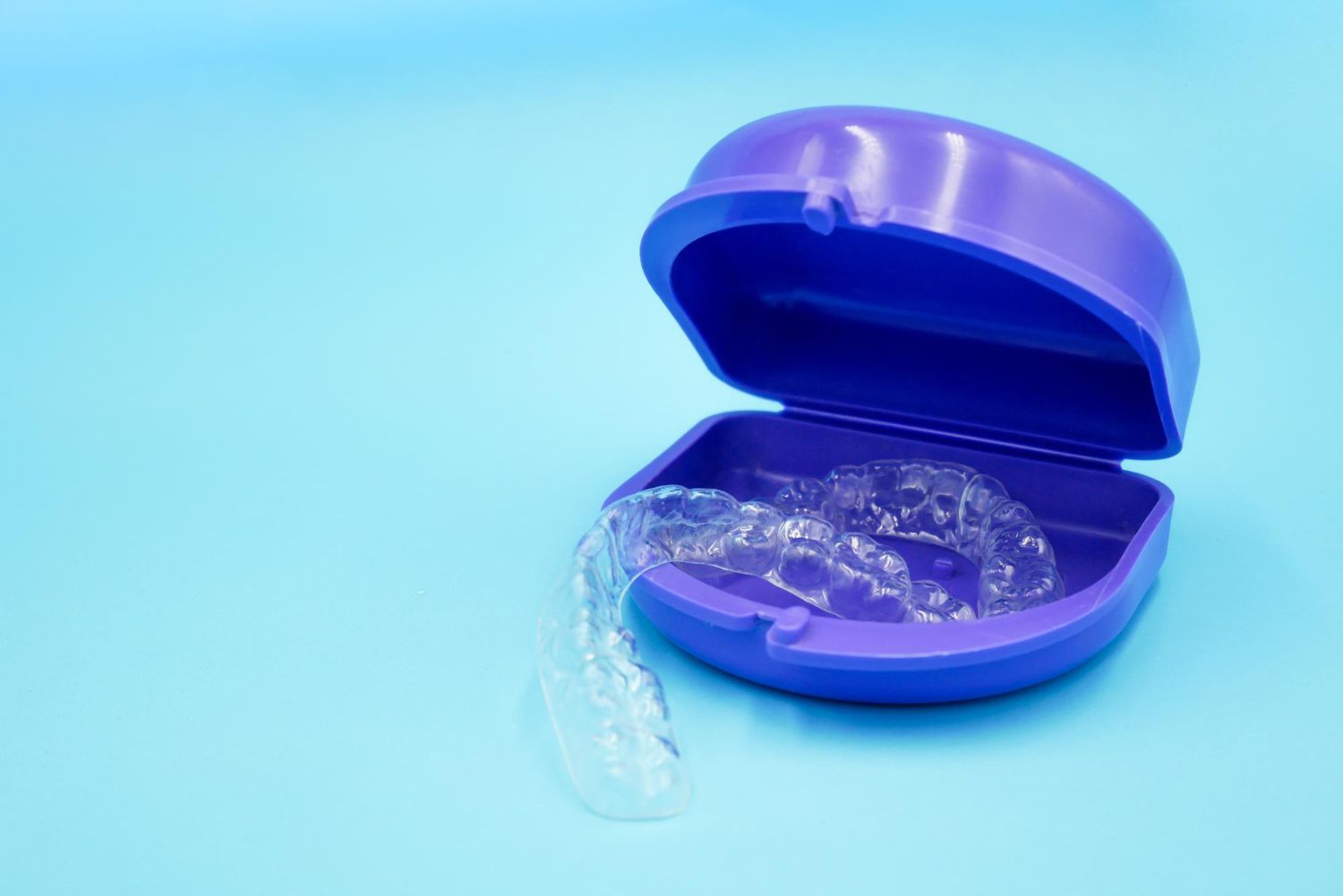Welcome to Fuller Sleep & TMJ Solutions | Greensboro, NC | frontdesk@fullersleep.com
Understanding Sleep Apnea and Treatment Options in Greensboro

Sleep apnea is more than just loud snoring. It's a condition that affects how you breathe while you're asleep, causing repeated stops and starts in breathing. These interruptions can lead to poor sleep quality and leave you feeling tired during the day. Having sleep apnea can affect more than just your rest—it can have a big impact on daily life and health.
Recognizing the symptoms of sleep apnea is important for getting the help you need. If left untreated, it can lead to serious health problems, including heart disease and high blood pressure. But don't worry; managing sleep apnea is possible with the right approach. Dr. Fuller in Greensboro knows the challenges that come with this condition and focuses on effective ways to manage it.
Getting a good night's sleep is essential for a healthy and active life. By understanding sleep apnea and its effects, you can take steps toward better sleep. Dr. Fuller’s methods help in controlling symptoms and improving overall well-being. Addressing sleep apnea can lead to more energy and a better quality of life every day.
What is Sleep Apnea?
Sleep apnea is a serious sleep disorder where breathing repeatedly stops and starts. It happens when the throat muscles relax too much, causing the airway to close. This blockage prevents air from moving in and out of the lungs, disturbing the sleep cycle. The two main types are obstructive sleep apnea, due to blocked airways, and central sleep apnea, where the brain fails to send proper signals to the muscles controlling breathing.
Common symptoms of sleep apnea include loud snoring, gasping for air during sleep, and frequent awakenings. During these episodes, the person briefly wakes up to restore breathing. This can happen so quickly that the person may not remember it. However, these interruptions fragment the sleep cycle, leading to poor quality sleep. Waking up with a dry mouth or sore throat can also be an indicator. Daytime sleepiness and fatigue are common, as the body doesn’t get enough restorative sleep.
The impacts of sleep apnea stretch beyond just feeling tired. It affects mood, memory and can impair daily activities such as driving and concentrating at work or school. Untreated, sleep apnea can lead to serious health conditions, including high blood pressure, heart disease, and diabetes. Recognizing and addressing sleep apnea is crucial for maintaining good health and a better quality of life.
Recognizing the Signs and Risks
Identifying the warning signs of sleep apnea is important. These signs include:
- Loud and disruptive snoring
- Witnessed pauses in breathing during sleep
- Frequent awakenings with a sensation of choking
- Morning headaches
- Difficulty staying asleep (insomnia)
- Excessive daytime sleepiness
- Irritability and mood changes
Several risk factors can increase the likelihood of developing sleep apnea. Being overweight is one of the most significant risk factors due to the increased fat around the neck that can block the airway. A family history of sleep apnea also raises risk levels. Other factors include having a large neck circumference, being male, and experiencing nasal congestion. Lifestyle choices, such as smoking or alcohol use, can further compound these risks by affecting airway muscles.
If sleep apnea goes untreated, the consequences can become severe. Constantly low oxygen levels strain the cardiovascular system, increasing the risk of heart problems. Blood pressure may also rise, elevating the chances of strokes. Diabetes risk increases due to changes in blood glucose control. Additionally, ongoing fatigue from insufficient sleep can lead to accidents and poor performance in daily tasks. Recognizing these risks underscores the importance of seeking treatment.
Dr. Fuller's Approach to Managing Sleep Apnea
Dr. Fuller takes a comprehensive and personalized approach to managing sleep apnea. The process begins with a thorough assessment to determine the most effective treatment plan. This evaluation includes a detailed discussion of the patient’s symptoms, lifestyle, and any underlying health issues. Dr. Fuller’s expertise allows for a precise understanding of each individual’s condition, ensuring that all contributing factors are considered.
One key treatment method Dr. Fuller uses is oral appliance therapy. This involves fitting a custom-made device that helps keep the airway open during sleep. The appliance is similar to a mouthguard and works by repositioning the jaw to prevent airway collapse. It is an effective solution for many patients with obstructive sleep apnea, offering a less invasive alternative to other treatments.
Personalized care plans crafted by Dr. Fuller offer multiple benefits. By tailoring the treatment to the specific needs of the patient, the plan addresses the root causes of sleep apnea. This approach not only helps reduce sleep disruptions but also enhances overall well-being. Dr. Fuller actively involves patients in their treatment, providing education and support to ensure success. The goal is to improve sleep quality, health, and quality of life through focused, individualized care.
Living with Sleep Apnea: Tips for Better Sleep
Living with sleep apnea calls for practical solutions to improve your sleep quality. Making certain changes can help alleviate symptoms and enhance the effectiveness of treatments. Here are a few tips to help manage sleep apnea at home:
- Sleep on your side to keep the airway open naturally.
- Elevate the head of your bed or use a special pillow to reduce airway obstruction.
- Maintain a healthy weight, as excess weight can worsen sleep apnea.
- Avoid alcohol and smoking, which can relax the airway muscles.
Lifestyle changes can also make a big difference. Regular physical activity and a balanced diet support overall health, which can reduce sleep apnea symptoms. Establishing a regular sleep schedule and creating a restful sleep environment can further improve sleep quality.
Ongoing management with Dr. Fuller is vital for long-term success. Regular check-ups help monitor progress and make any necessary adjustments to the treatment plan. Dr. Fuller’s continued support ensures that any challenges are addressed promptly, promoting sustained improvements. By working closely with Dr. Fuller, you can achieve better sleep and a healthier life.
Conclusion
Understanding and managing sleep apnea is essential for maintaining good health and enjoying a better quality of life. Through proper diagnosis and personalized treatment approaches, such as oral appliance therapy, individuals can find effective relief from the symptoms of sleep apnea. Dr. Fuller’s dedication to offering tailored care ensures that each patient receives the interventions that best suit their needs, addressing the root causes of their condition.
Living with sleep apnea can be challenging, but with the right strategies and support, it is manageable. Simple lifestyle adjustments, combined with professional guidance, can lead to significant improvements in sleep quality and overall wellness. Regular monitoring and care from Dr. Fuller help sustain these benefits over time, preventing potential health complications related to untreated sleep apnea.
If you or a loved one are experiencing signs of
sleep apnea, contact Fuller Sleep & TMJ Solutions today. Dr. Fuller and the team are dedicated to helping you find the right solutions for your needs, improving your sleep, and enhancing your health. Begin your journey to better rest and a more energized life with our expert guidance and care.

CONTACT US
Fuller Sleep & TMJ Solutions
1515 West Cornwallis Dr Suite 110 Greensboro, NC 27408
BUSINESS HOURS
Monday: 8am – 5pm
Tuesday: 8am – 5pm
Wednesday: 8am – 5pm
Thursdays: 8am – 2pm
All Rights Reserved | Fuller Sleep & TMJ Solutions
© 2023 All Rights Reserved | Fuller Sleep & TMJ Solutions
Website designed by: Morningdove - Accessibility Statement












